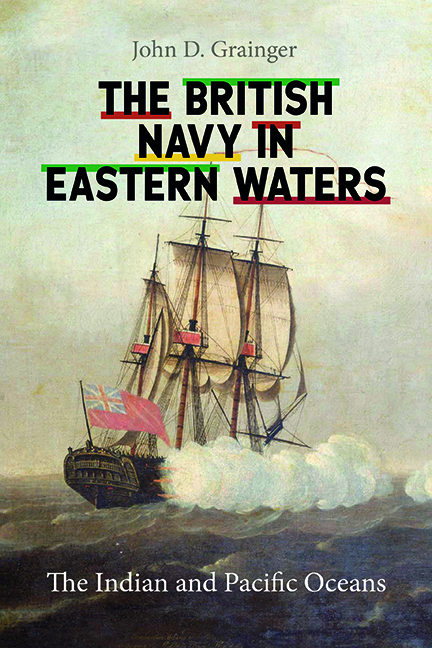2 - The Company Survives (1625–1680)
Published online by Cambridge University Press: 26 May 2022
Summary
The Company may have won the victory at Hormuz, but that did not end the struggle with the Portuguese, though to have alliances with the Shah of Persia and the Mughal Emperor was helpful. These rulers regarded the Company as a subordinate rather than an ally, of course, and the alliance with Shah Abbas was terminated with his overthrow late in the year of the Hormuz victory. In 1630, a Portuguese fleet once again aimed to prevent the Company from using Surat, but was again defeated. This pleased the Mughal government, which had already engaged the Company to transport its envoy to Persia. The emperor also gave permission for the Company to capture any Portuguese ships it met; it is unlikely that such permission was really needed, but it was good to have an imperial licence for its normal practices.
The relations with the Mughals were sufficiently close that the Company was granted the privilege of constructing its own warships (in 1633); from London came permission to fortify the main factories, though since Surat was part of the Mughal Empire and under a Mughal governor, this was confined to a stout building in which to store the Company's goods.
Conflict with the Dutch alternated with occasional co-operation. Fighting between the Dutch and the Portuguese continued – they were again at war in Europe from 1621. This state of affairs brought the Company's President at Surat, William Methwold, to negotiate with the Portuguese at Goa, aiming to bring an end to their conflict; he could point to their mutual hostility to the Dutch as an inducement for a truce. This led to a convention by which the Portuguese in Asia in effect accepted English Company protection (the Convention of 1635, sometimes called the Anglo-Portuguese Truce). After the conclusion of this agreement President Methwold seriously, but unsuccessfully, suggested that the Company limit its trading to four ships per year, which would call at Portuguese Goa for much of the goods it collected, so making the Estado da India a junior trading partner.
Surat was not fortified by the Company. Mughal disapproval was decisive here.
- Type
- Chapter
- Information
- The British Navy in Eastern WatersThe Indian and Pacific Oceans, pp. 27 - 46Publisher: Boydell & BrewerPrint publication year: 2022



